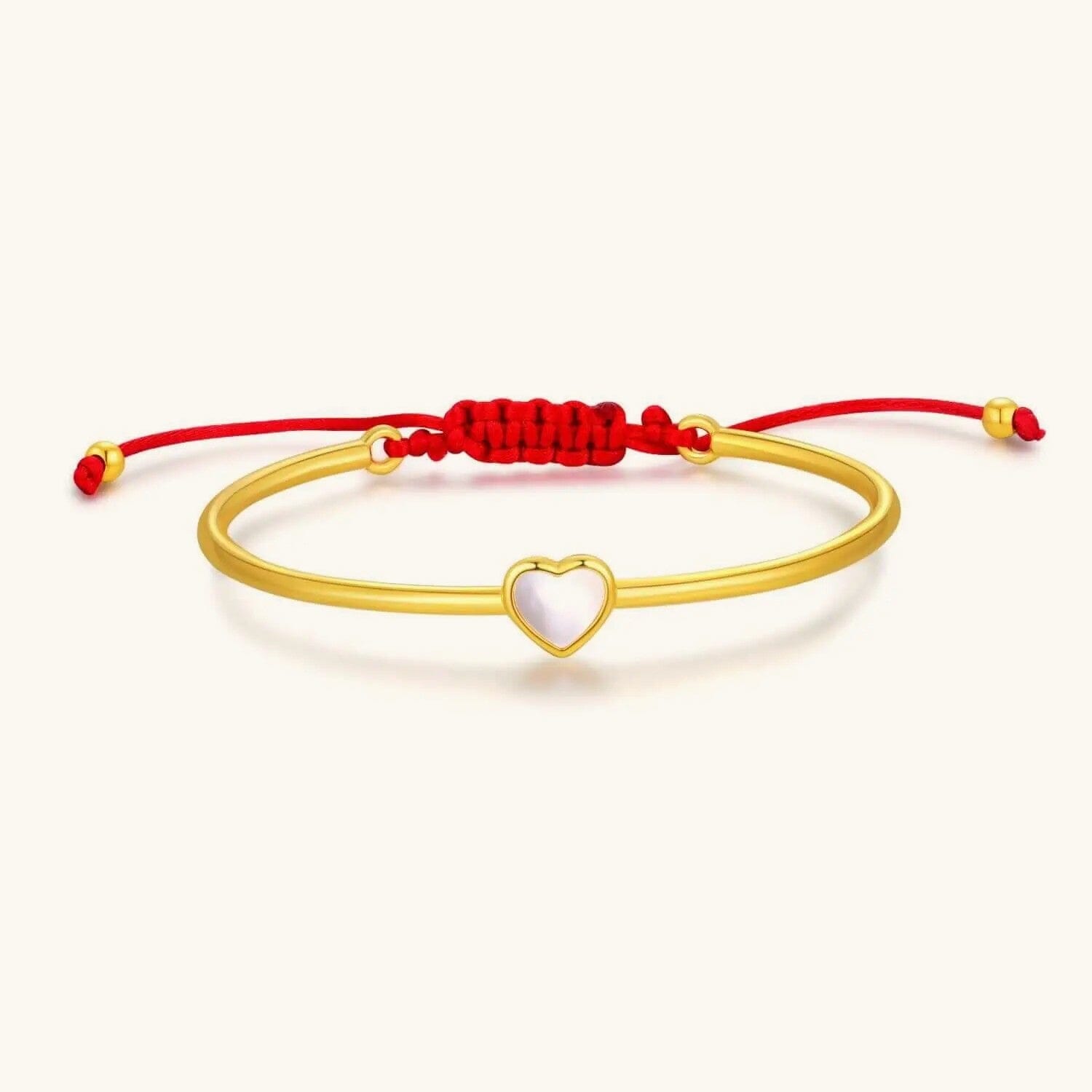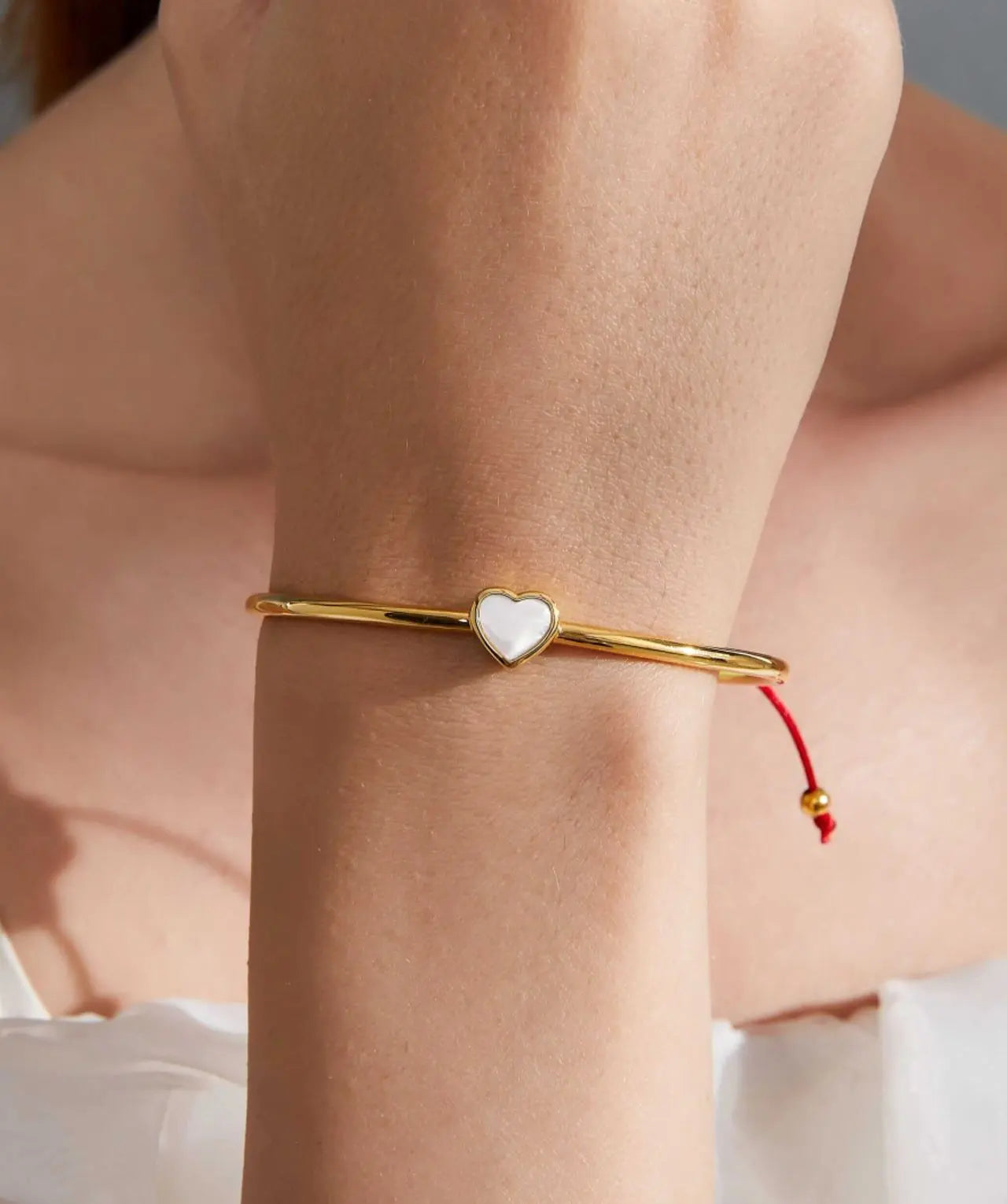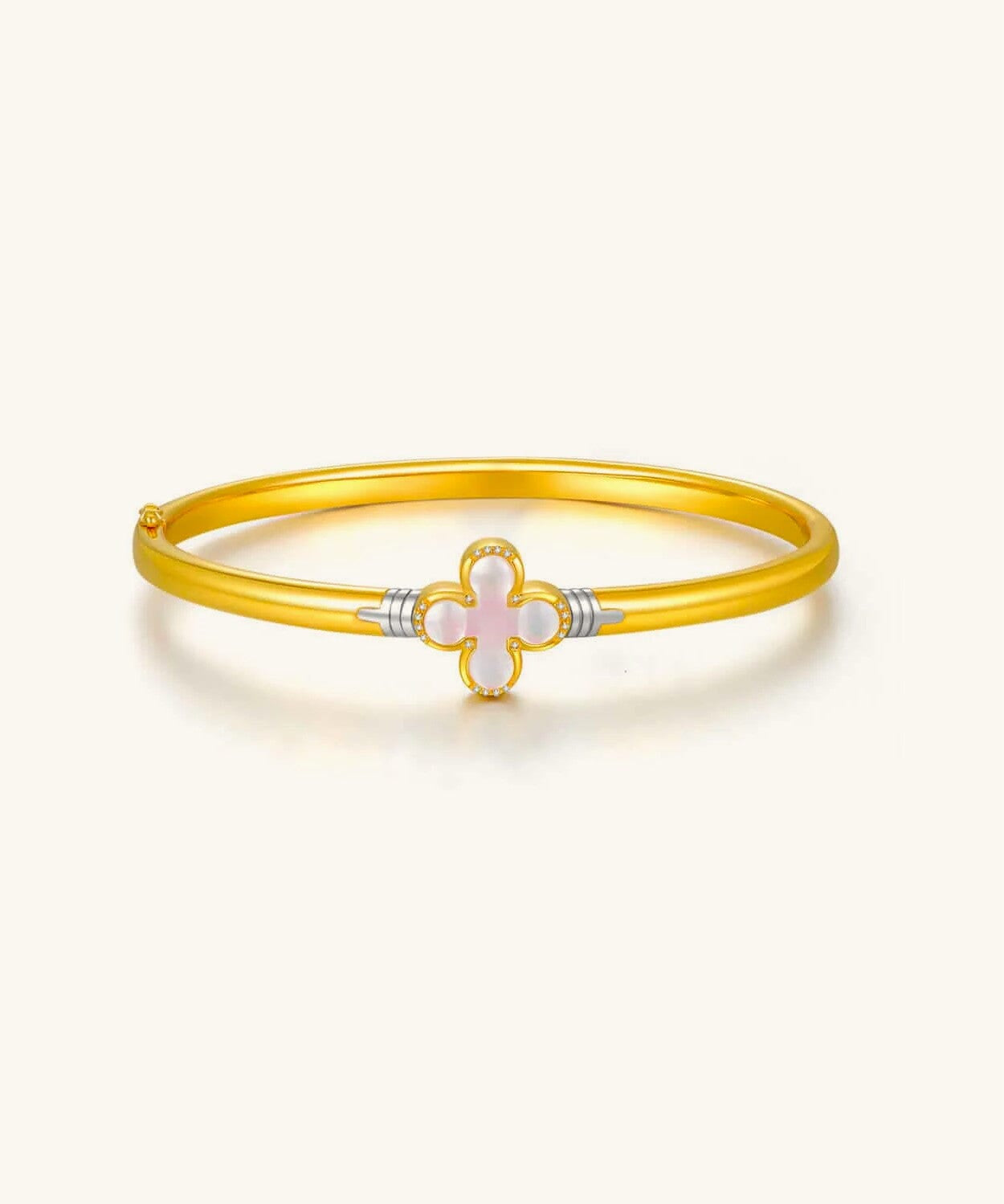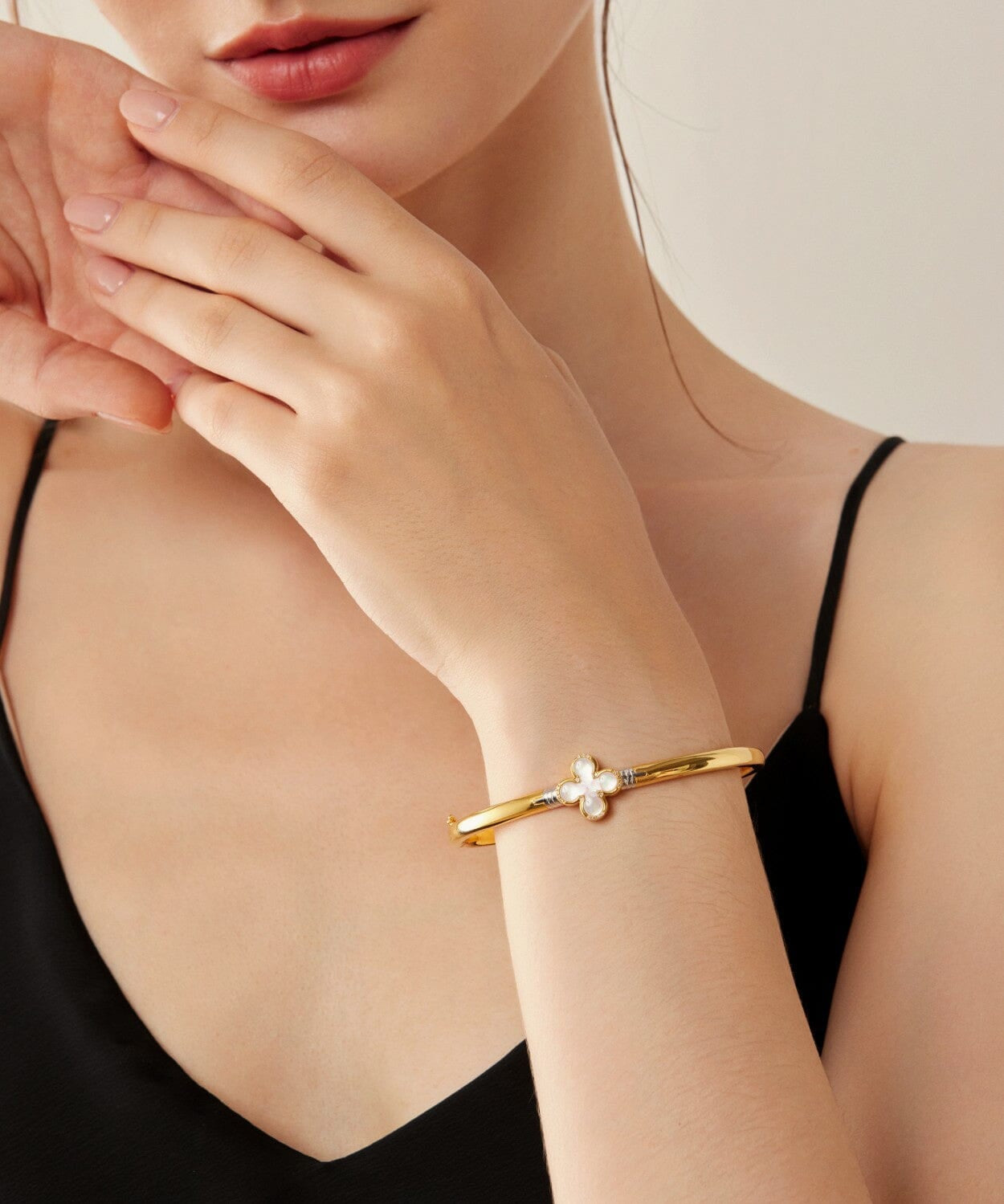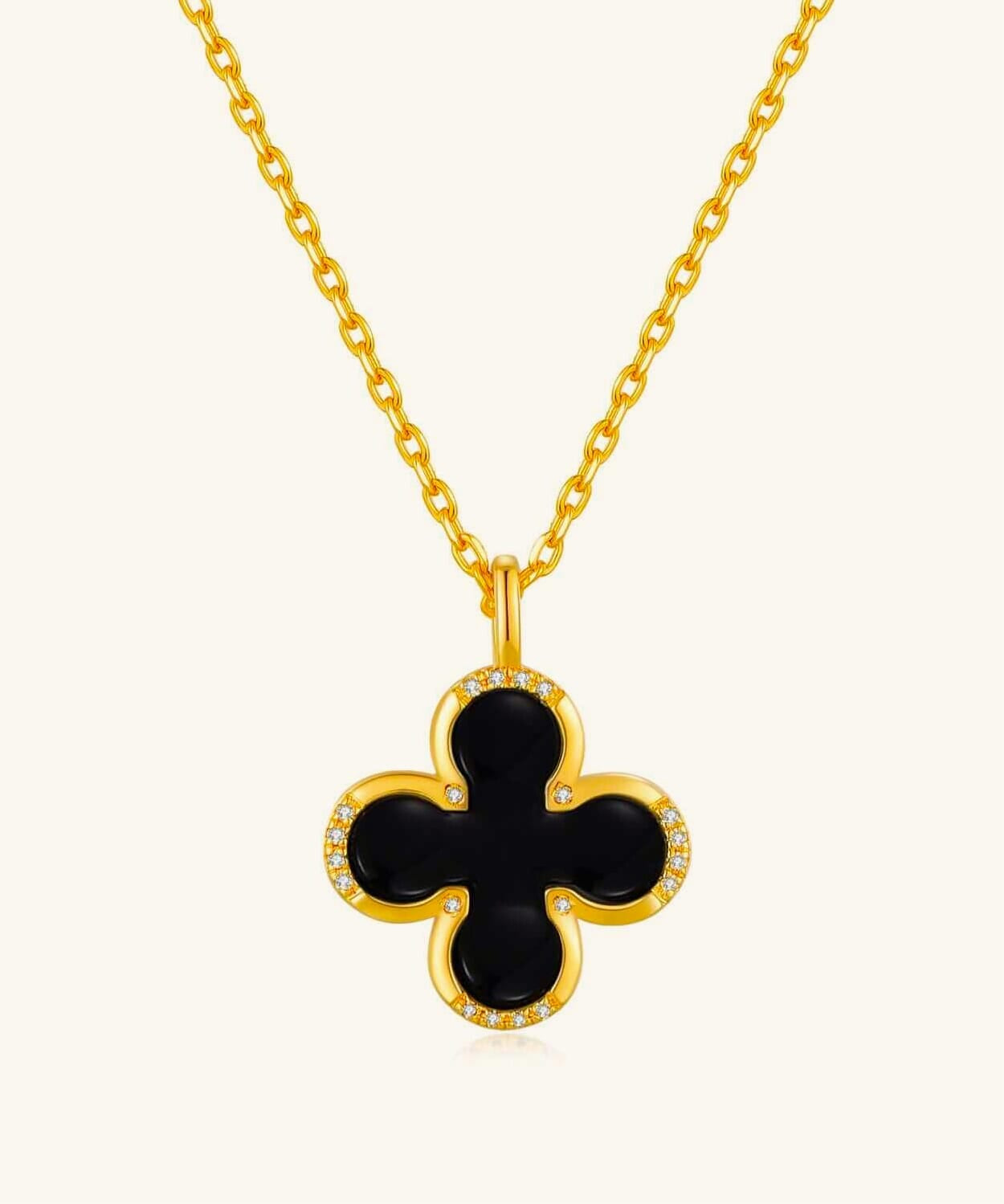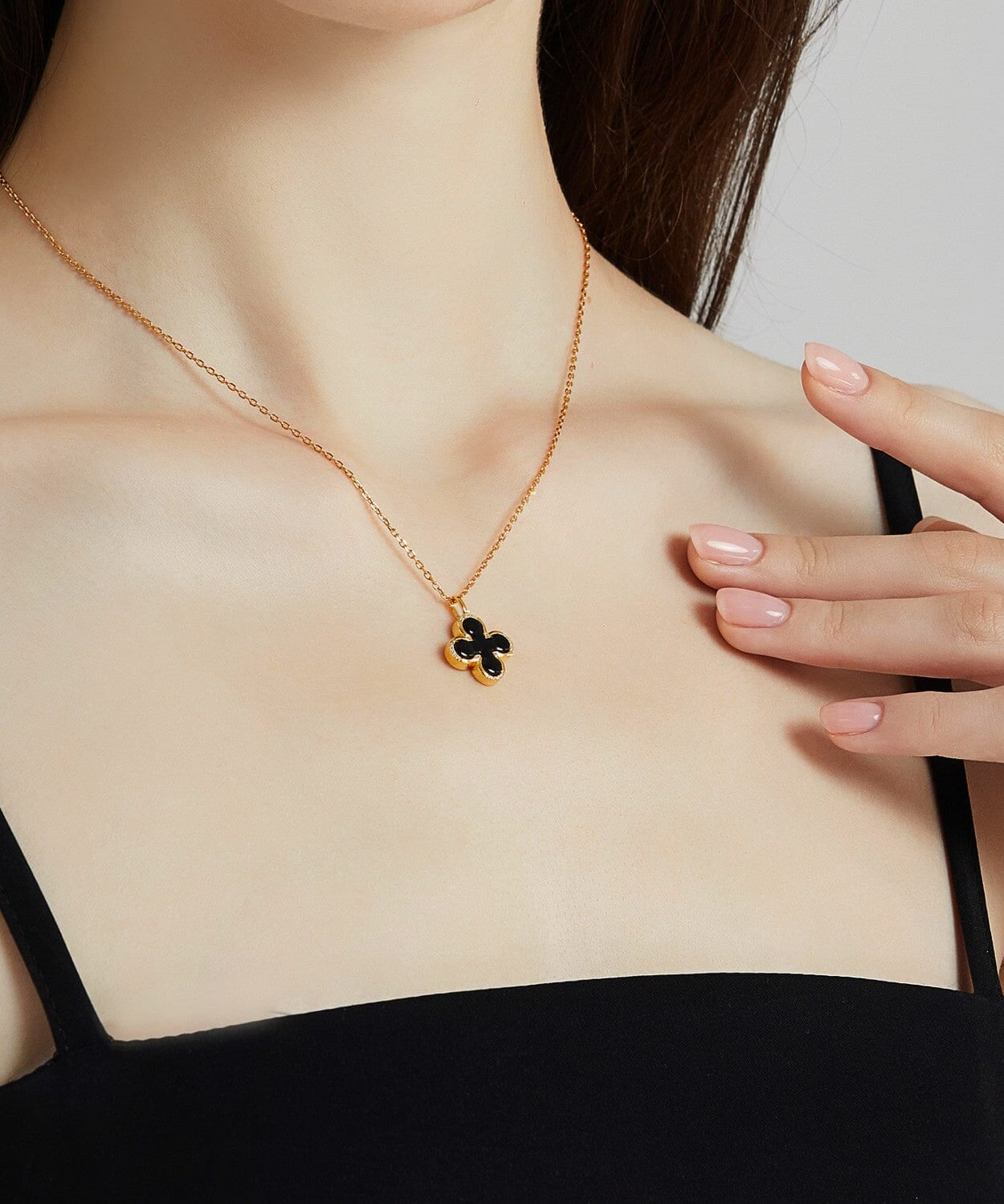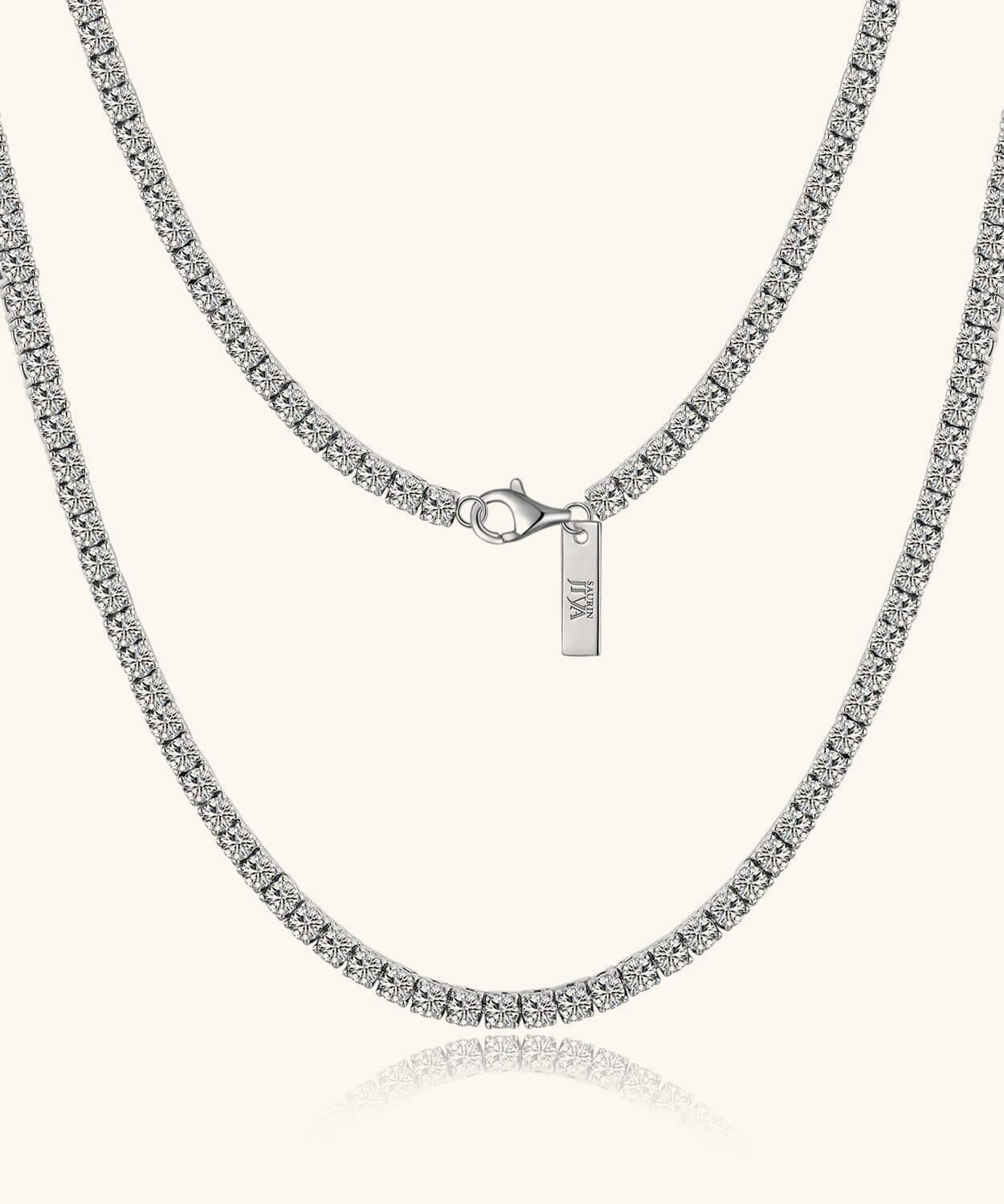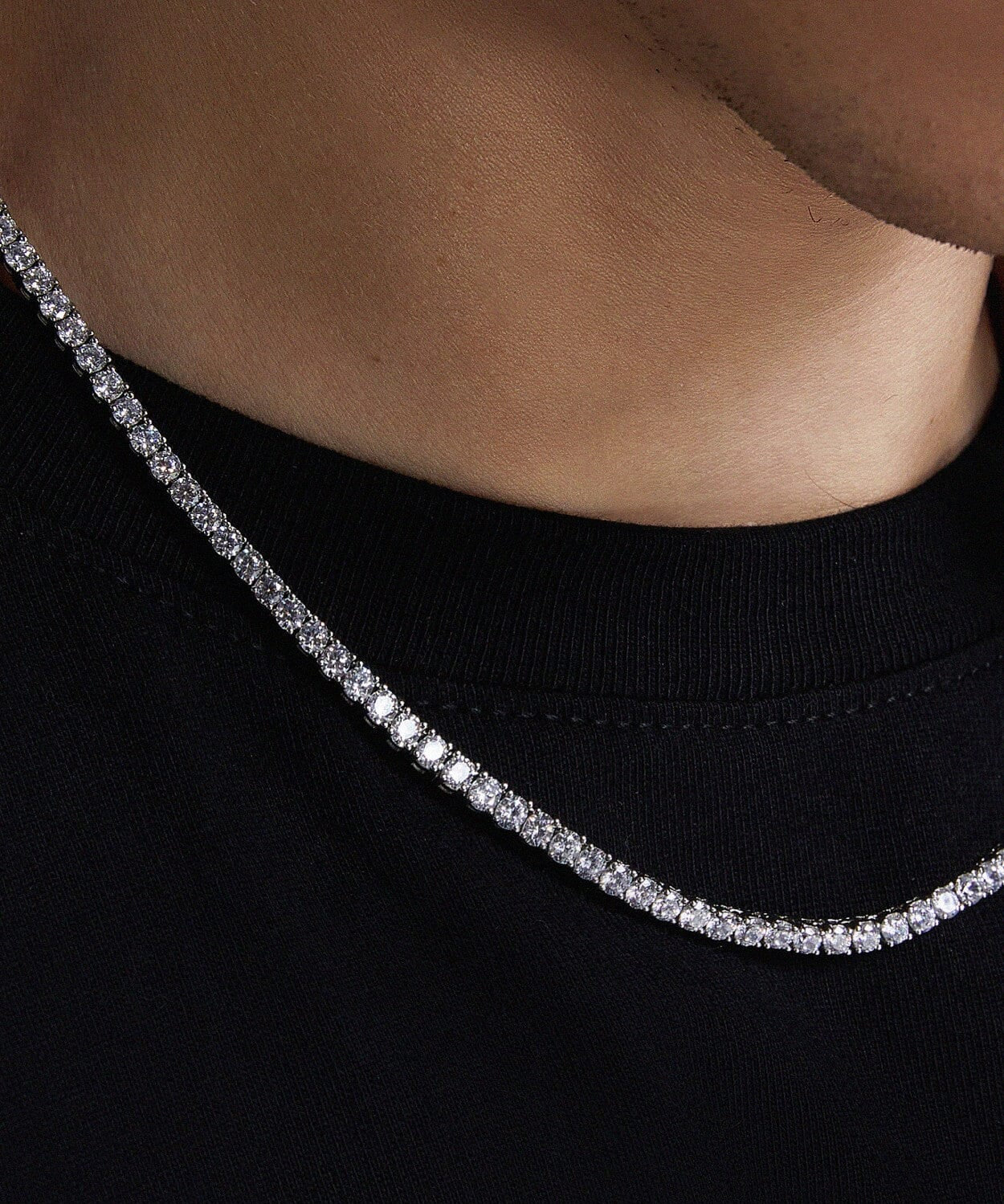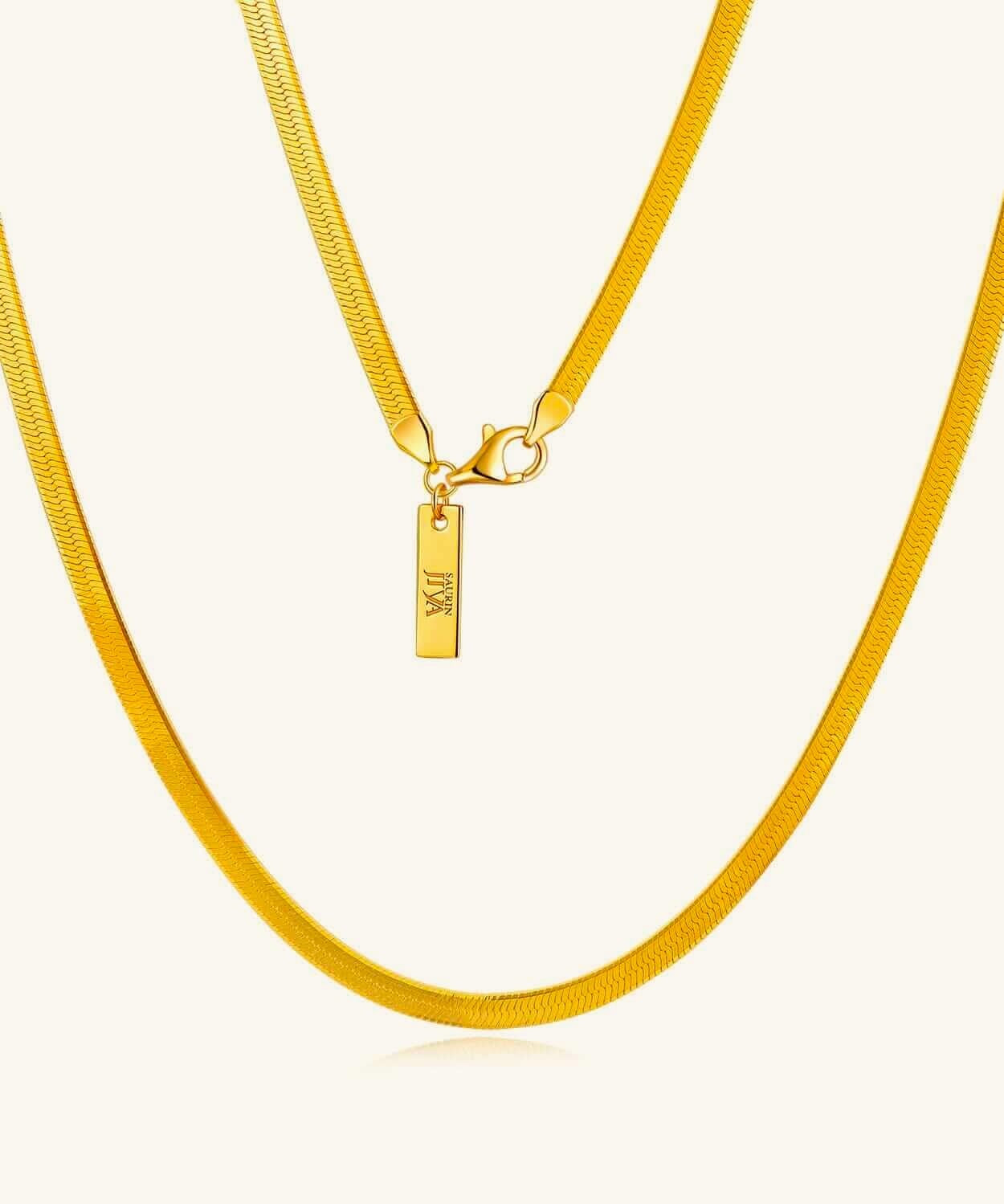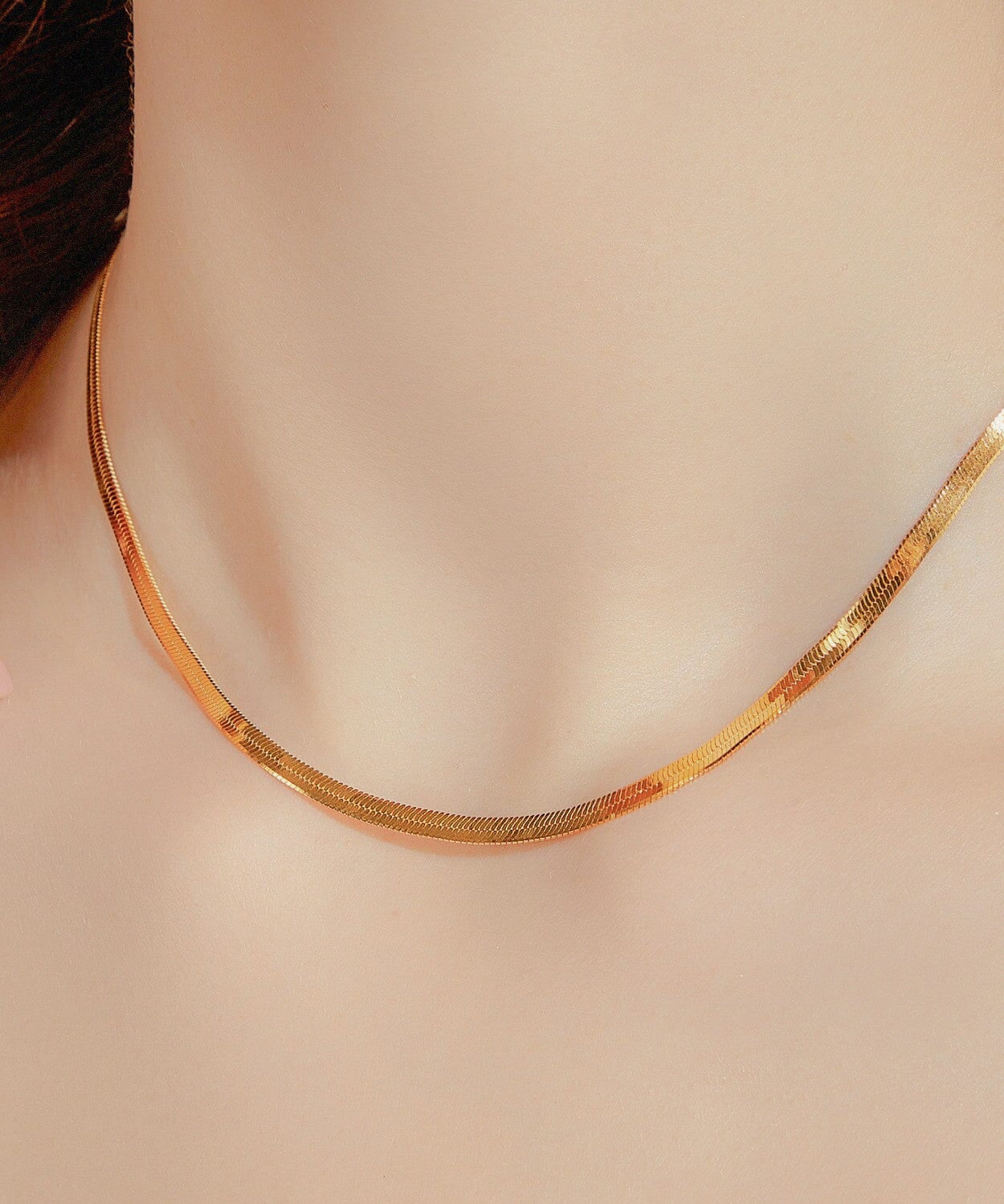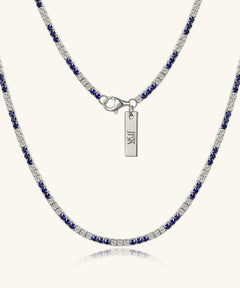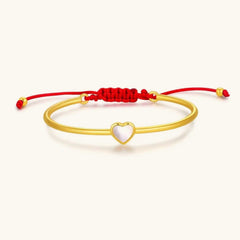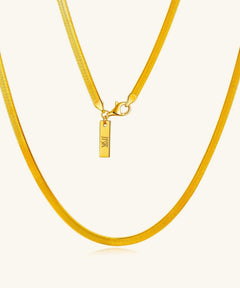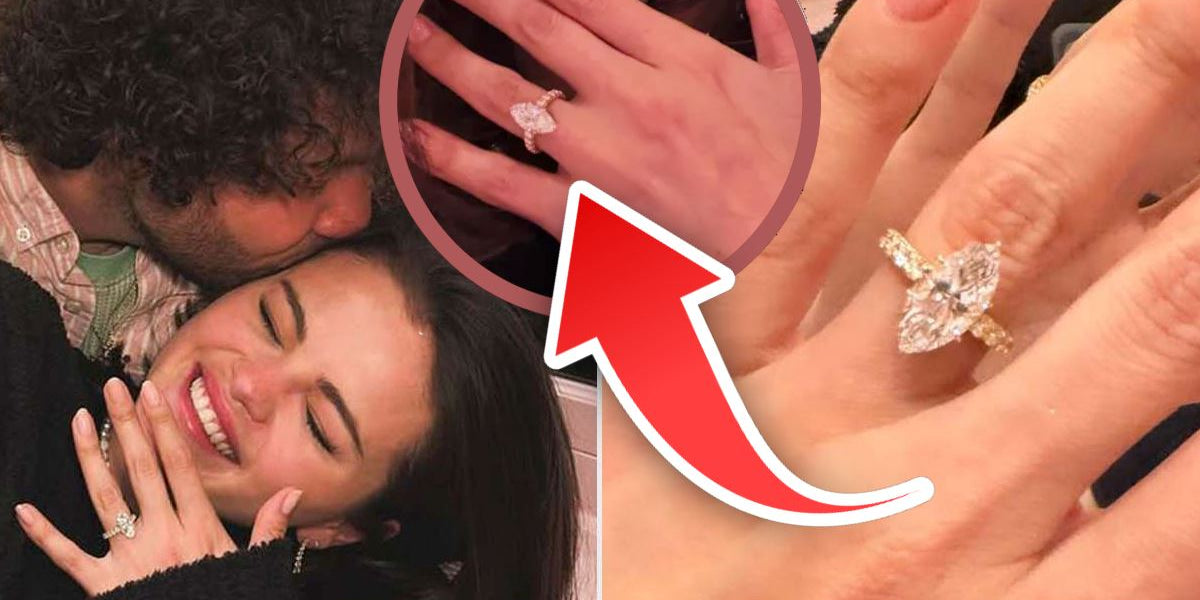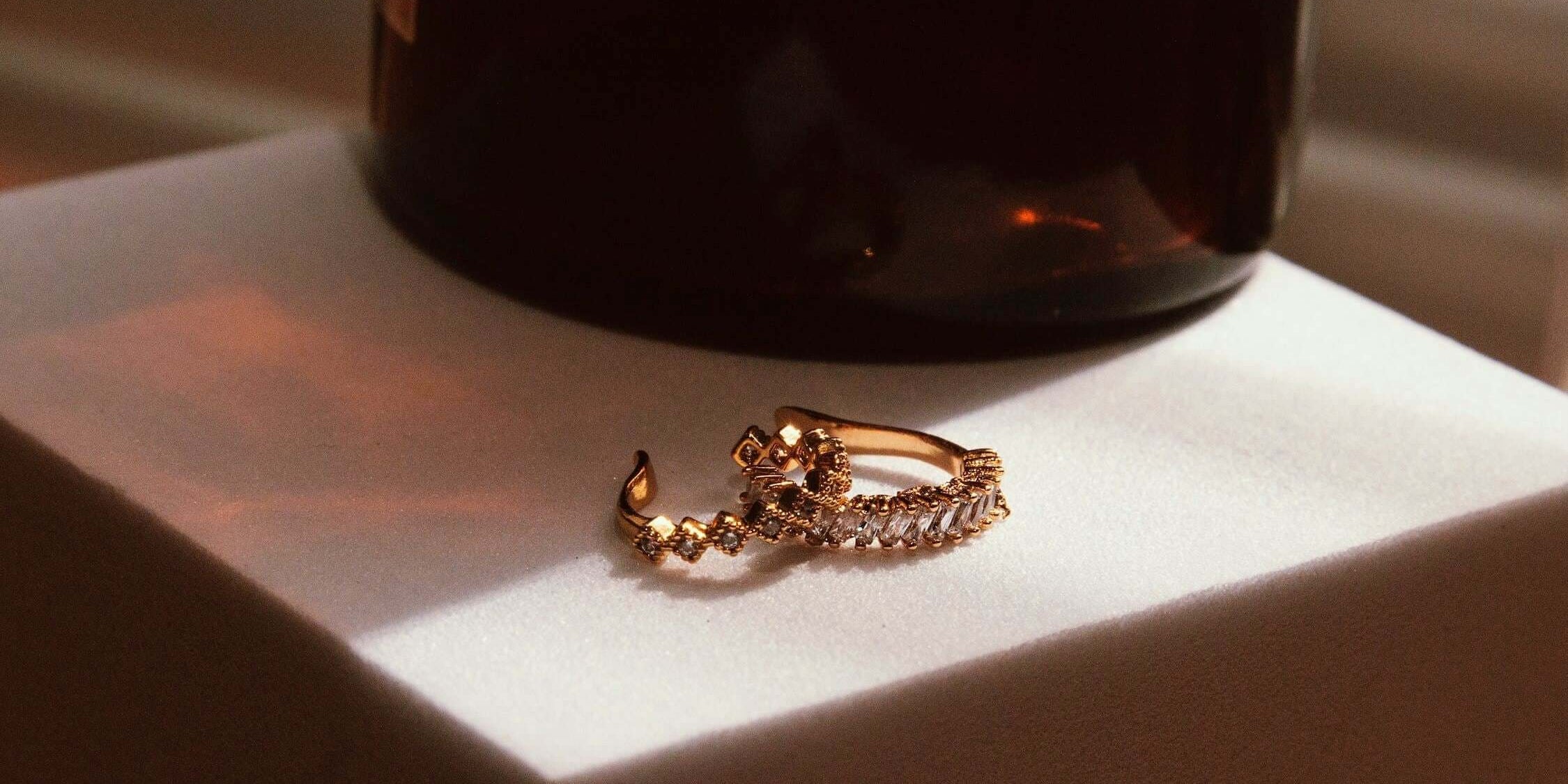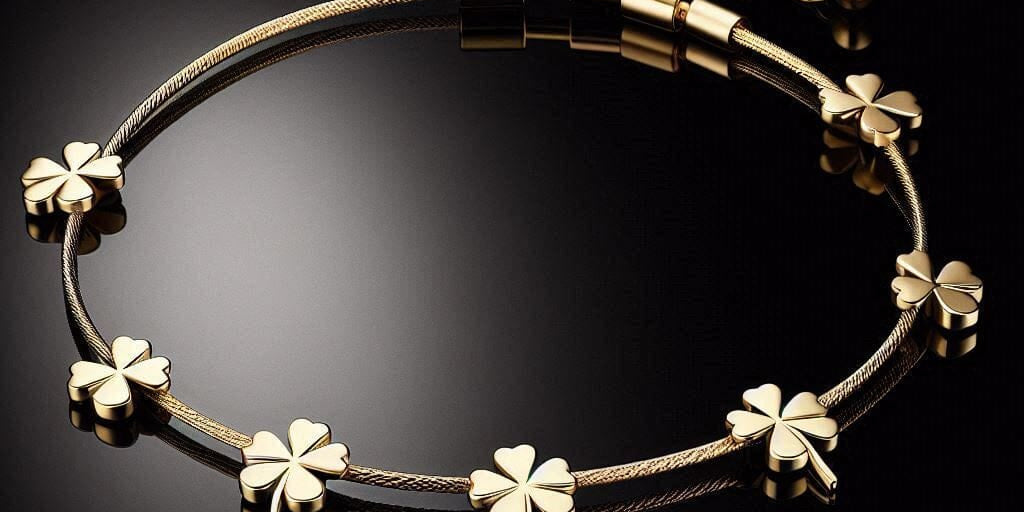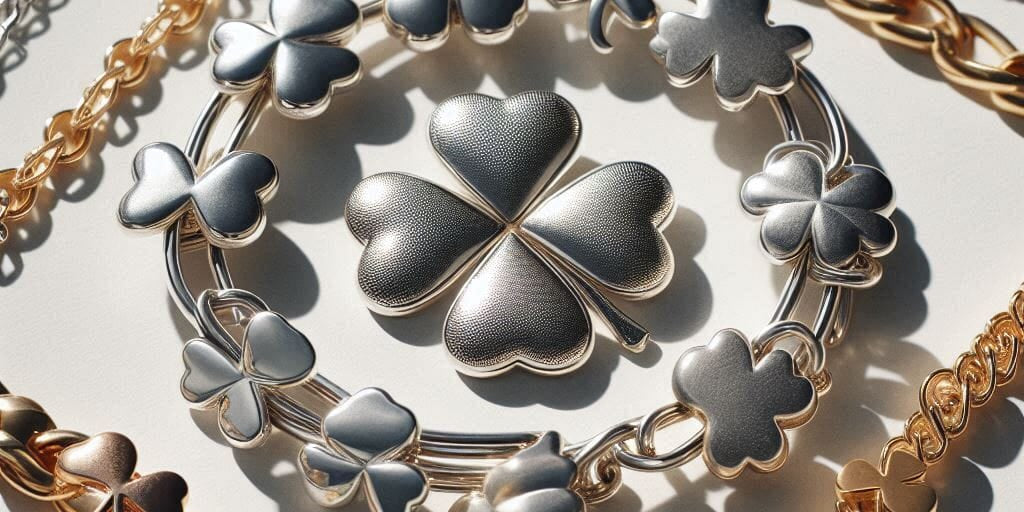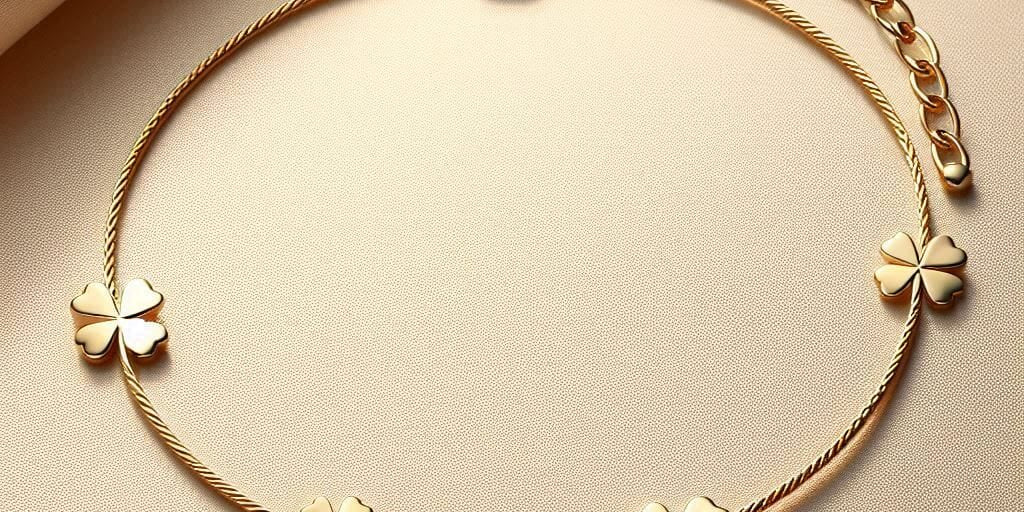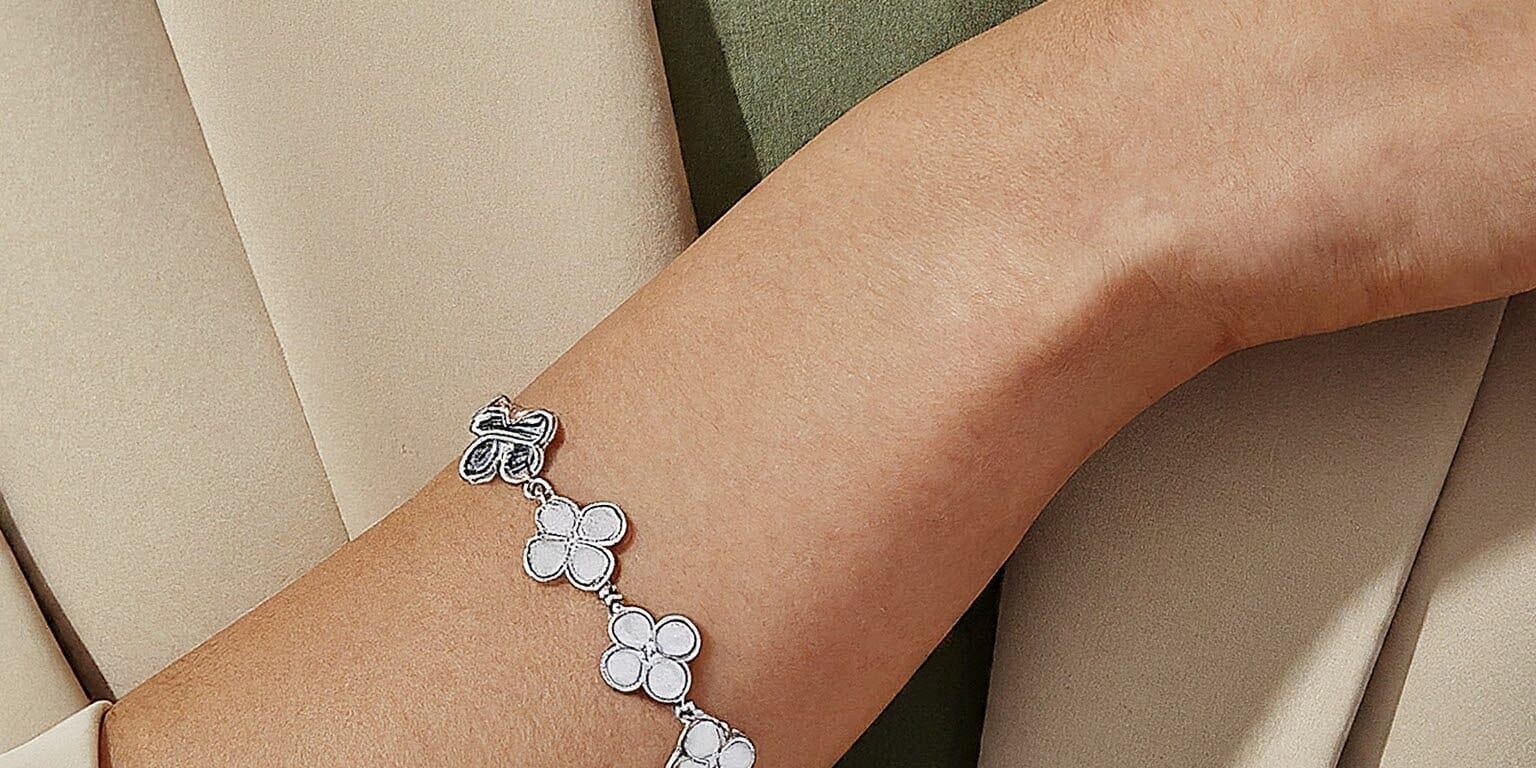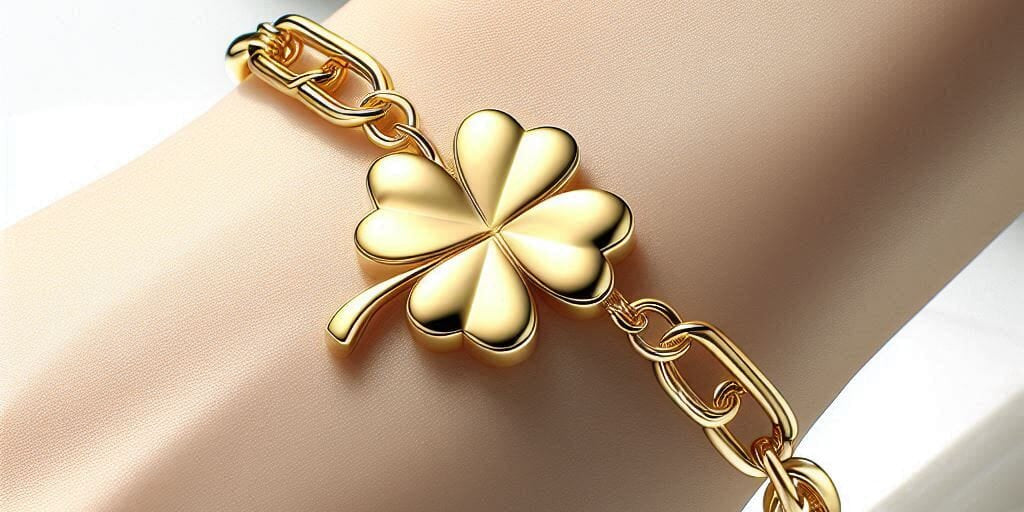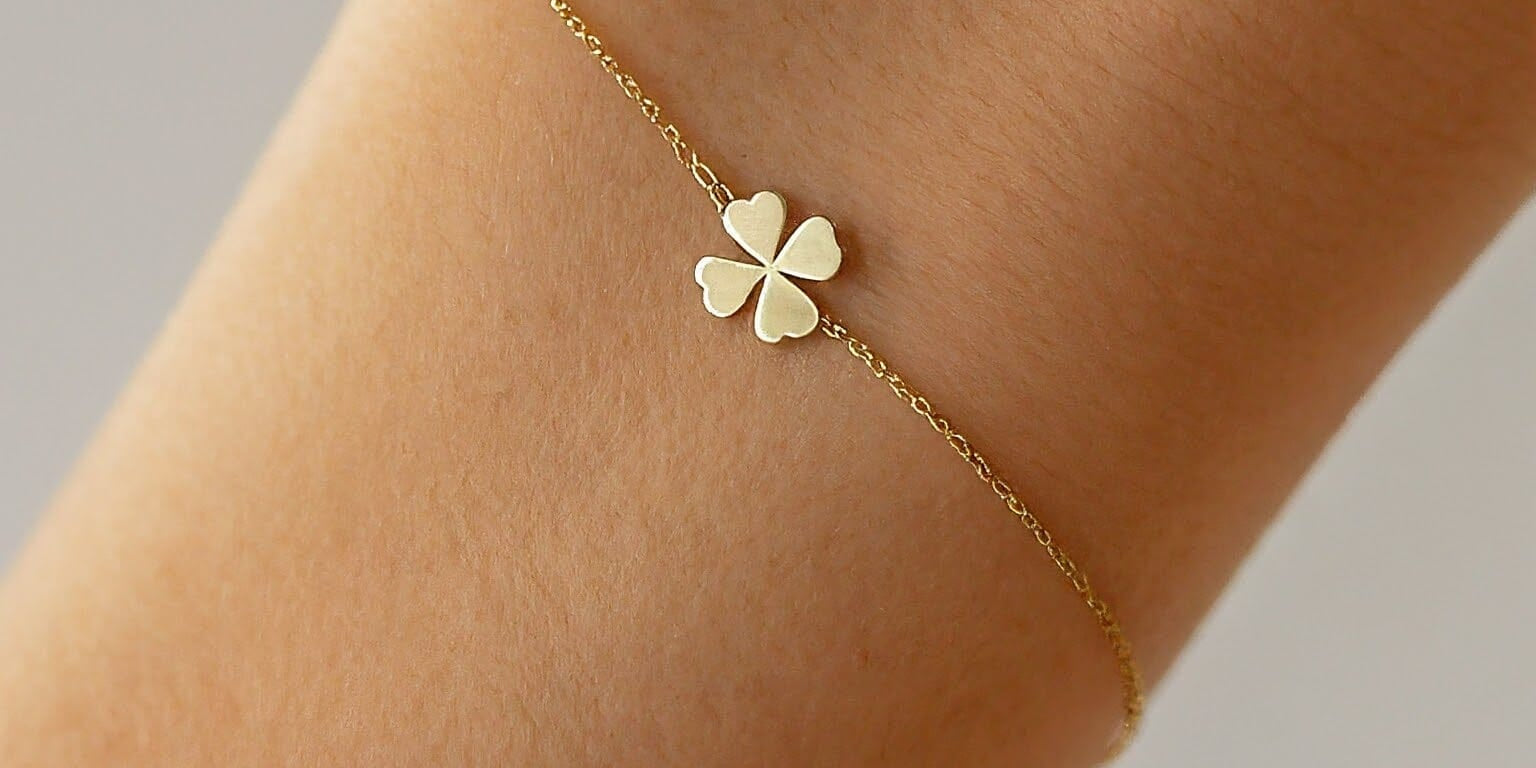Deciding on wedding bands is a significant part of preparing for marriage. The question of whether wedding bands should match is one that I've encountered frequently. Traditionally, matching bands symbolize the unity and commitment shared between a couple, representing the idea that two individuals are coming together as one. However, personal preference plays an integral role in this decision. For some, the importance lies in wearing a band that reflects individual style while still honoring the love and commitment of their union.
The matching of wedding bands is not a mandate but rather a choice that each couple makes together. It is important to consider that the bands are a representation of a lasting commitment and love, aspects that go beyond mere aesthetics. In making a decision, I suggest considering the symbolism you want your bands to reflect about your relationship. Aligning on the significance you both attribute to your bands can guide you to a mutual decision that celebrates your unique bond.
Table Of Contents
- The Significance of Wedding Bands
- Matching Versus Individual Styles
- Considerations When Choosing Wedding Bands
- Design Elements and Custom Features
- Practical Aspects of Wedding Bands
- Making the Decision Together
- Alternatives to Traditional Wedding Bands
- Wedding Band Shopping Tips
- Conclusion
- Frequently Asked Questions
The Significance of Wedding Bands
When I consider wedding bands, I recognize them as profound symbols infused with tradition and meaning. These simple rings, often made of precious metals, are not mere adornments; they are rich in symbolism and serve as tangible representations of commitment, love, and unity.
The circle of a wedding band represents eternity, with no beginning or end, which mirrors the everlasting nature of love and the lifelong journey upon which the couple is embarking. The act of exchanging these rings during a wedding ceremony is a time-honored tradition, signifying the mutual promise between partners to stand by each other.
In my view, a wedding band goes beyond just being a piece of jewelry. It is a daily, public declaration of a private commitment made between two people. The metal's durability is akin to the strength desired in a marriage, and the luster is reflective of the hope for a bright future together.
To answer a common question—should wedding bands match?—I look to the couples' preferences and the symbolism they wish to convey. Some couples choose matching bands to express their unity and similar values. Others select individual styles to celebrate their distinct personalities within the shared bond. There's no one-size-fits-all answer, and the significant aspect remains the shared commitment that these bands represent.
In essence, my understanding of wedding bands centers on their role as enduring emblems of the promises made and the love shared between two individuals, celebrating both their togetherness and individuality within the bond of marriage.
Matching Versus Individual Styles

When considering wedding bands, couples often debate between matching sets that symbolize their unity and individual styles that reflect their personal tastes. Both choices hold significant meaning and vary based on cultural, historical, and personal factors.
Cultural and Historical Perspectives
Historically, the tradition of matching wedding bands has deep roots, often symbolizing a shared life and common goals between a couple. In many cultures, matching rings signify the couple's commitment to each other and their unity as a partnership. This tradition has evolved but remains a powerful symbol of marriage.
Expression of Unity Through Matching Bands
For many couples, selecting matching wedding bands is a heartfelt expression of their bond. The similarity in design can vary from identical rings to those with subtle differences, but the key is the shared feature that links the two bands. Whether it be a simple inscription, a matching metal, or a coordinated design, these elements visually represent the unity of the couple.
Celebrating Individuality with Unique Bands
Conversely, embracing individual styles allows each person to express their personality and tastes. Choosing non-traditional bands can reflect a couple’s understanding and appreciation of each other's uniqueness. Personal choice is paramount here; the rings may differ radically in style, color, and shape, yet still signify a loving commitment. For some, the diversity within their choice of wedding bands is as significant as the tradition it represents.
Through my experience, I observe that the decision between matching wedding bands and individual styles is deeply personal and varies widely among couples. There is no one-size-fits-all answer and the choice often depends on each couple's unique relationship, cultural background, and personal preferences.
Considerations When Choosing Wedding Bands
Style
Choose a wedding band style that reflects your personality and preferences.
Metal
Select a metal type that complements your engagement ring and suits your lifestyle.
Comfort
Ensure the wedding band fits comfortably and allows for everyday wear.
Matching
Consider coordinating your wedding band with your partner's for a cohesive look.
Budget
Set a budget and explore wedding band options within your price range.
Customization
Explore customization options to create a unique wedding band tailored to your preferences.
When selecting wedding bands, it's imperative to consider how they complement engagement rings, reflect personal style, and provide long-lasting comfort. Here are the specific factors to bear in mind to ensure these tokens of love meet both aesthetic desires and practical needs.
Matching the Engagement Ring
When choosing a wedding band, it's important to consider how the band will look alongside the engagement ring. Ideally, the wedding band should complement and enhance the engagement ring. For instance, if my engagement ring features a white gold setting with diamonds, I might choose a matching white gold band, possibly with similar diamond detailing to create a harmonious set.
Aesthetic and Design Preferences
My aesthetic preferences play a pivotal role in selecting the right wedding band. Whether I fancy a simple, classic band or one embellished with gemstones or intricate designs, the style of the wedding band should resonate with my personal taste. If I gravitate towards minimalist designs, a sleek platinum band might suit my style, while someone with a penchant for vintage might opt for a detailed yellow gold band.
Choosing the Right Metal
The metal for my wedding band is not only a matter of color preference but also of durability and maintenance. Gold is timeless and can be found in yellow, white, and rose hues, but it's softer than some metals and may scratch easier. Platinum is highly durable and hypoallergenic, making it an excellent choice for those with sensitive skin. For a more modern look, alternative metals like tungsten and titanium offer robustness and a unique appearance.
Comfort and Wearability Factors
A wedding band is something I will wear daily, so comfort is key. The width and fit of the band should suit my finger, allowing for easy wear throughout various activities. I should consider a band that feels comfortable but also secure; for example, bands with a comfort fit provide a rounded interior that slides on easily. Remember, the climate I live in can affect my finger size—hotter climates can lead to swollen fingers, so choosing the right size is essential.
By taking into account how the wedding band pairs with my engagement ring, aligns with my design preferences, the properties of various metals, and the importance of comfort for daily wear, I can make a well-informed decision that ensures both satisfaction and longevity for my wedding band.
Design Elements and Custom Features

When selecting wedding bands, my consideration of design elements and custom features is paramount for creating a bespoke symbol of our union. The right combination of design, materials, engravings, and gemstones can transform simple rings into treasured keepsakes embodying my personal story and aesthetic.
Engraving and Personalization
- Engraving: I can add a unique touch to my wedding bands with personalized engravings. Whether it consists of meaningful dates, initials, or special symbols that resonate with my relationship, the act of engraving infuses a layer of intimacy into the rings. This customization can range from classic script to contemporary fonts that reflect my individual style.
- Design Elements: An intricate leaf pattern or a Celtic knot can serve as a symbol of growth or eternal love, respectively. An inlay of a different metal can also introduce a distinctive contrast, offering an innovative twist on traditional designs.
Gemstone Selection and Meaning
- Gemstones: Each stone carries its own meaning and significance. I might choose my partner's birthstone or a gem that reflects a desired attribute, like loyalty or passion. Traditional options include diamonds, signifying unwavering affection, but contemporary bands feature diverse stones like sapphires or emeralds for a touch of color and symbolism.
- Design: The setting and cut of the gemstone can complement my design ethos. A bezel setting for a sleek, modern appearance or a prong setting to maximize the stone's brilliance are two ways I can highlight a gemstone's beauty.
Innovative Materials and Finishes
- Metals: Beyond the classic gold or silver, I have a variety of metals to choose from, like tungsten or titanium, which can suit my lifestyle with their durability and unique aesthetic. I can also mix metals for a multifaceted appearance.
- Finish: I might select a brushed finish for a more subdued, matte look or a high polish finish for a glossy and reflective surface. The finish can enhance design aspects and create a ring that truly feels personalized to my taste.
Practical Aspects of Wedding Bands

When choosing wedding bands, there are several practical aspects to consider. From the daily wear and tear to the allocations in your budget, the decision surrounding your bands encompasses durability, lifestyle compatibility, and cost.
Durability and Maintenance
I look for bands that promise longevity. The perfect band should withstand daily activities, and durability is crucial. Maintenance comes hand in hand with durability—materials like platinum and tungsten are not only durable but also require minimal upkeep. This pairing is practical for those who work with their hands or lead active lifestyles.
-
Materials Known for Durability:
- Platinum
- Tungsten
- Titanium
-
Maintenance Tips:
- Regular cleaning with mild soap and water
- Annual check-ups for stone settings and metal integrity
Balancing Aesthetics with Lifestyle
A band should reflect personal style but also suit day-to-day life. As I consider various designs, I must contemplate how a ring's aesthetic aligns with my lifestyle. Simple bands, for instance, can be both stylish and practical for an active lifestyle; they are less likely to catch on materials or sustain damage during physical activities.
-
Aesthetic Considerations:
- Design complexity
- Metal finish and color
- Embellishments such as engravings or gemstones
-
Lifestyle Factors:
- Employment—does my job involve manual work?
- Hobbies—are they likely to cause wear to a more delicate ring?
- Daily duties—will the band come into contact with harsh chemicals or environments?
Budgeting for Wedding Bands
Wedding bands are a significant purchase, and my budget needs to reflect that. It is possible to find affordable options without sacrificing quality. By determining a budget early on, I can explore materials and styles within my means, ensuring I don't compromise durability and aesthetic for cost.
-
Budget-Friendly Materials:
- Sterling Silver
- Stainless Steel
- Gold (lower karats for affordability)
-
Cost-Saving Strategies:
- Opting for simpler designs without gemstones
- Buying sets for potential discounts
- Considering alternative metals that offer both durability and affordability
Making the Decision Together

When selecting wedding bands, I believe it is essential for couples to address their individual preferences and find a harmonious balance that reflects their combined values. Deciding on matching bands is not merely a matter of taste, but also a representation of partnership and unity.
Navigating Differences in Preference
I often find that my partner and I have different tastes in jewelry, which is entirely natural. A wedding band should resonate with each person's style, and this is where the delicate art of compromise comes into play. For example, I may prefer a simple, classic band, while my partner could be drawn to a more ornate design. We might consider the following options to achieve a cohesive look while honoring our individual preferences:
- Coordinating rather than matching: Selecting bands that share a common element, like an engraving or a type of metal, while differing in design.
- Custom designs: Creating a unique blend of our styles with a custom jeweler's help.
The Role of Communication
Communication is the underpinning of any successful partnership and is crucial when making decisions together, especially one as significant as choosing wedding bands. When I discuss preferences and values with my partner, it isn't just about articulating what each of us likes; it's also about actively listening and understanding each other's point of view. Practical steps I take to ensure fruitful communication include:
- Scheduling a specific time for discussion to avoid distractions.
- Expressing my thoughts clearly and giving my partner the space to share theirs.
- Reflecting on what is said to ensure mutual understanding before making any decisions.
Alternatives to Traditional Wedding Bands
When exploring options for alternatives to traditional wedding bands, I find that personal expression and comfort often guide the decision-making process. Many couples are choosing to step away from classic gold or platinum bands in favor of designs and materials that reflect their individuality and lifestyle needs.
Tattoo Wedding Bands
Tattoo wedding bands have emerged as a compelling alternative for couples seeking a permanent symbol of their union. The designs can vary from simple bands to intricate patterns or meaningful symbols that are unique to the relationship. Opting for a tattoo wedding band eliminates the worry of losing a physical ring and serves as a constant reminder of the commitment.
Mixing and Matching Bands
The trend of mixing and matching bands allows partners to express their own styles while still symbolizing their togetherness. Couples might choose different metals, designs, or gemstones, creating a set of wedding bands that complement each other rather than look identical. This approach also allows for flexibility over time, as bands can be swapped out or added to celebrate milestones.
Non-Metal Band Options
There's a growing interest in non-metal wedding bands, driven by lifestyle, budget, and aesthetic preferences. Wooden bands offer a warm and organic feel, often customizable with various types of wood and inlays. Ceramic bands are modern and durable, providing a hypoallergenic option for those with sensitivities. Lastly, silicone wedding bands are a practical choice, especially popular among active individuals due to their flexibility and breakaway safety feature. These non-metal alternatives often present a more economical option while also making a distinctive style statement.
Wedding Band Shopping Tips
| Tip | Description |
|---|---|
| 1. Set a Budget | Determine how much you're willing to spend on your wedding bands. |
| 2. Know Your Metal Preferences | Decide on the type of metal you prefer for your wedding bands (e.g., gold, platinum, titanium). |
| 3. Consider Your Lifestyle | Choose a wedding band style that suits your everyday activities and preferences. |
| 4. Think About Coordination | Decide if you want your wedding band to match or complement your partner's band. |
| 5. Explore Customization Options | Look into customization services to create personalized wedding bands. |
| 6. Try Before You Buy | Visit a jeweler to try on different wedding bands and ensure a comfortable fit. |
| 7. Research Retailers | Read reviews and gather information about reputable jewelers or online retailers. |
When I set out to find the perfect wedding band, I consider several factors that ensure the ring I choose is not only stylish but meaningful. My wedding band isn't just a piece of jewelry; it's a symbol of love and commitment. So, here are my focused tips to guide you through your shopping experience.
- Consider Your Style: My wedding band should reflect my personal style. If I prefer classic looks, I might choose a simple gold band. For a touch of glamor, adding diamonds could be lovely.
- Compatibility with Engagement Ring: If I am wearing my wedding band alongside my engagement ring, it's essential they complement each other. Sometimes, buying a set from the same jeweler can guarantee a match.
- Budgeting: Before I start shopping, I set a budget. Wedding bands can vary in price, and it's important that I stick to what I can afford. Remembering that cost does not determine worth, I ensure the ring I choose is meaningful over expensive.
- Quality and Craftsmanship: Opting for a reputable jeweler means ensuring the quality of my wedding band. I take the time to research their craftsmanship and materials because this is a ring I'll wear every day.
- Size It Right: It's crucial to get my ring size professionally measured. My finger size can fluctuate with weather and time of day, so I consider getting measured at different times for the best fit.
- Shopping Online vs. In-Store: While shopping online offers convenience, seeing and feeling the band in person can be irreplaceable. If I choose to shop online, I ensure the jeweler has a good return policy.
- Engraving: To add a personal touch, I consider engraving our initials or wedding date. It's a beautiful way to commemorate our vows and wedding day.
Conclusion
In my examination of whether wedding bands should match, I've come to recognize the importance of personal decision in this matter. I believe that the choice reflects the couple's individual commitment and the unique symbolism they wish to imbue in their wedding day.
Personal Preference:
- It is entirely up to me and my partner whether our rings match, signaling our shared journey.
- I may choose a white gold band that resonates with my personal style, while my partner might select something that suits their taste.
Symbolic Meaning:
- Matching bands can symbolize unity and shared values.
- Alternatively, distinctive rings can celebrate the individuality of each partner within the committed relationship.
Practical Considerations:
- For some, the daily wearability and comfort of a ring are paramount.
- My profession or lifestyle may influence the type of band I choose, perhaps differing from my partner's.
Future Considerations:
- I consider how an anniversary band might complement or match my original wedding band.
- Keeping in mind that styles and preferences can evolve over time, flexibility in design choices may be wise.
As I reaffirm my vows, the ring I wear is a daily reminder of the promises made. In essence, the decision should rest on what feels right for both me and my partner—capturing the essence of our bond in a way that will endure through the years.
Frequently Asked Questions
In this section, I cover some of the most common inquiries couples have when deciding on their wedding bands.
Is it necessary for couples' wedding bands to be identical?
No, it is not necessary for couples' wedding bands to be identical. The choice largely depends on personal preference and whether the couple wants their rings to symbolize their unity through identical bands.
Can the wedding band differ from the engagement ring style?
Yes, the wedding band can differ from the engagement ring style. It's common for individuals to choose wedding bands that complement rather than perfectly match the engagement ring.
Is it common for couples to choose their wedding rings together?
It is quite common for couples to choose their wedding rings together, ensuring they find styles that suit both parties and reflect their shared tastes.
Should men's wedding bands complement the partner's rings?
While not obligatory, it is a widespread preference for men's wedding bands to complement their partner's rings. This can mean matching metals or design elements that tie the two rings together aesthetically.
Is it expected for wedding bands to be a surprise?
It is not expected for wedding bands to be a surprise, though some people choose to keep the design a secret. The decision varies from couple to couple, with some enjoying the surprise and others preferring to select the bands jointly.
Are there any particular benefits to matching wedding bands?
Matching wedding bands can symbolize a couple's union and shared commitment. However, the benefits are subjective and should be weighed against personal style preferences and the significance ascribed by the individuals involved.
